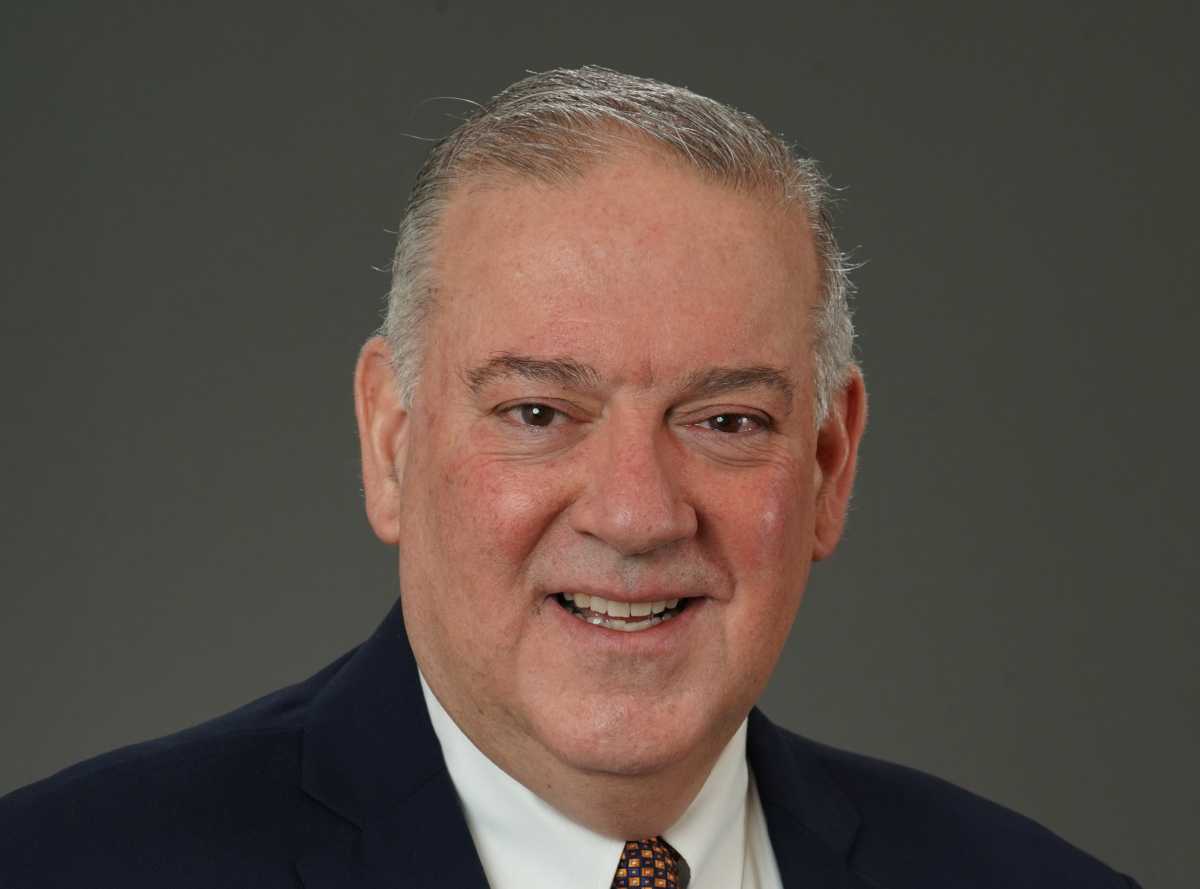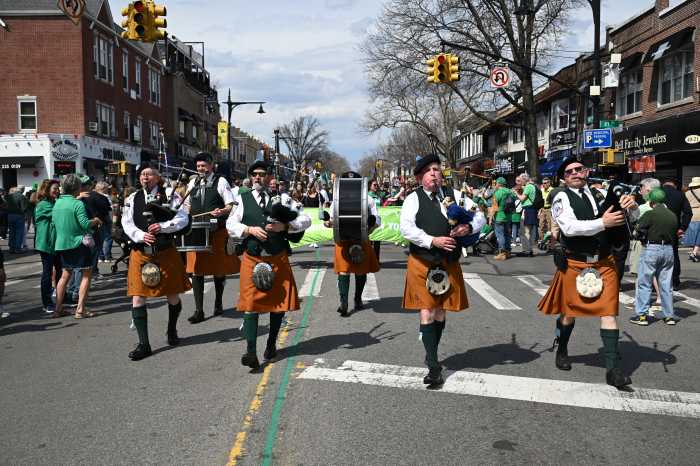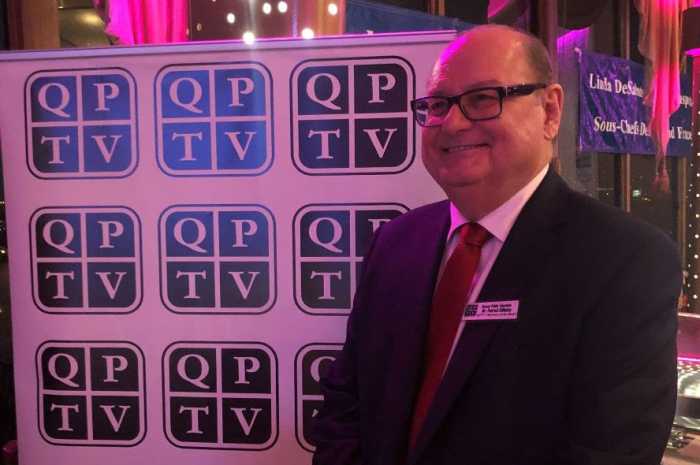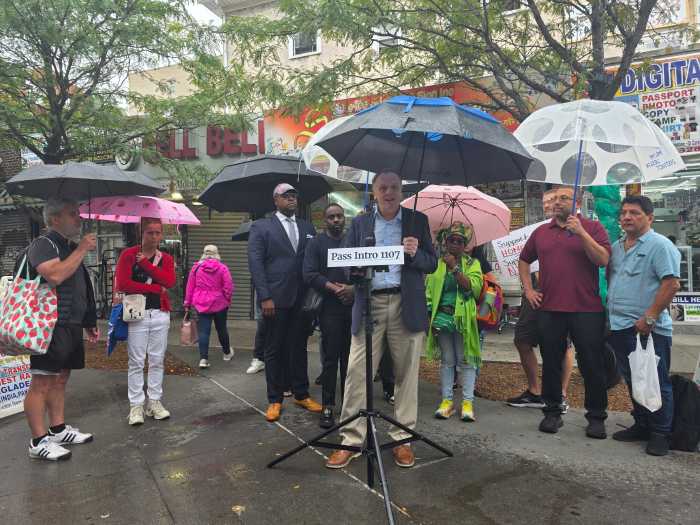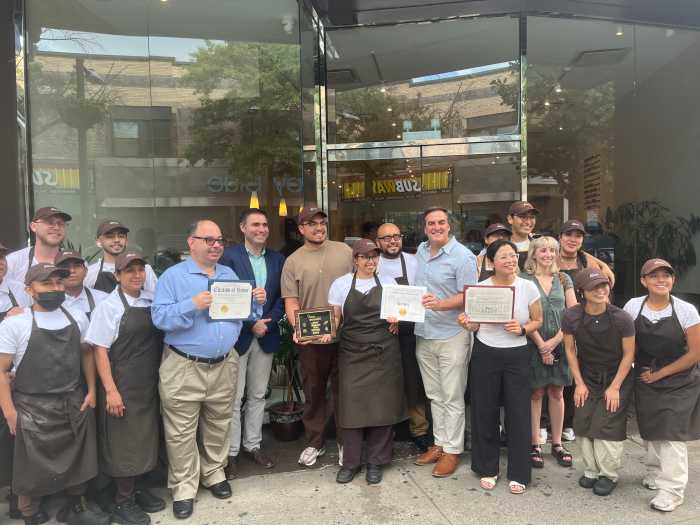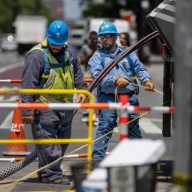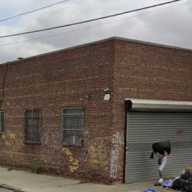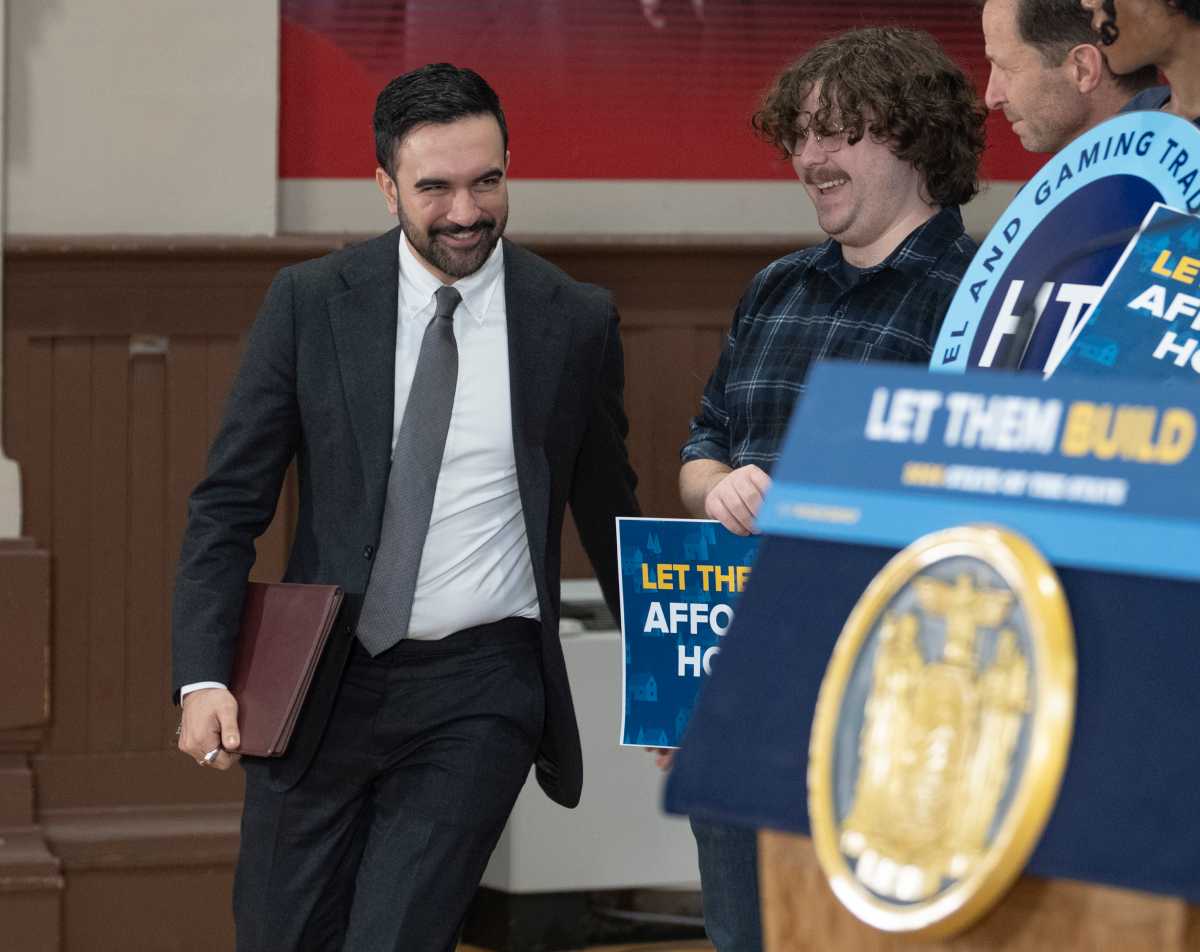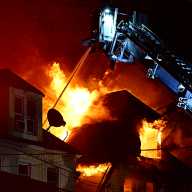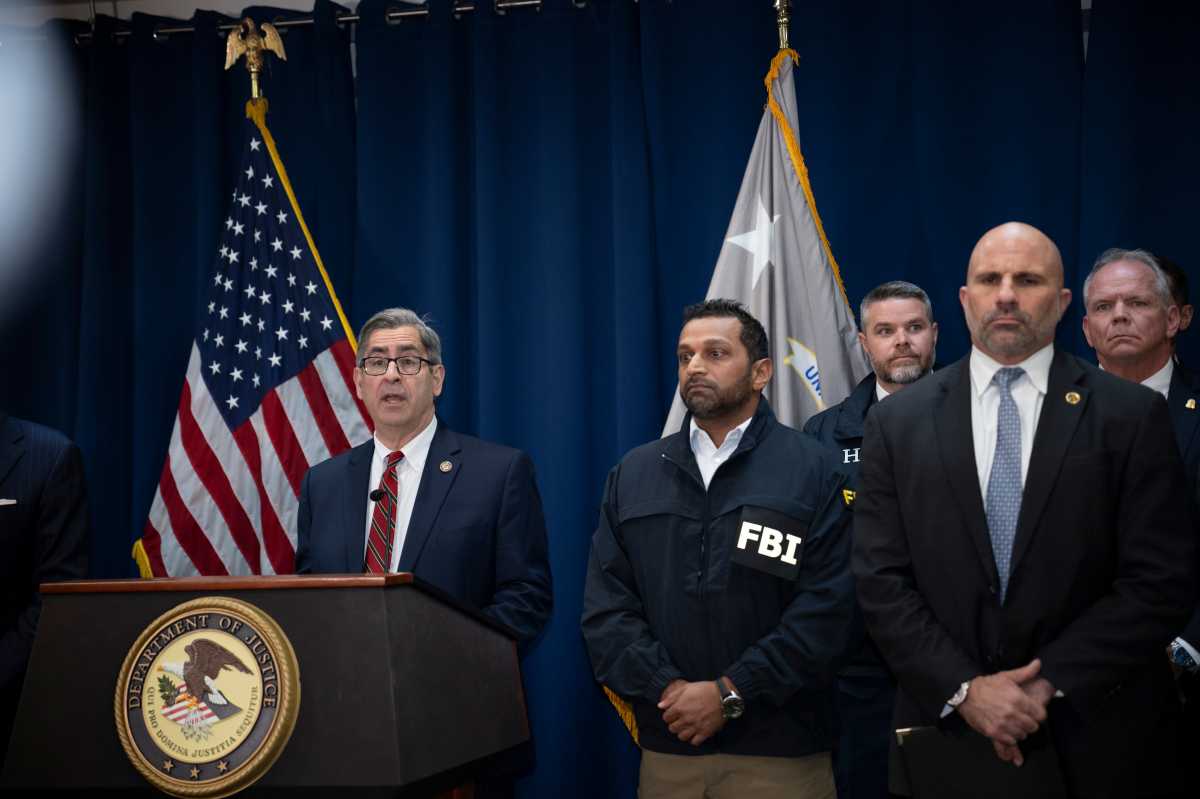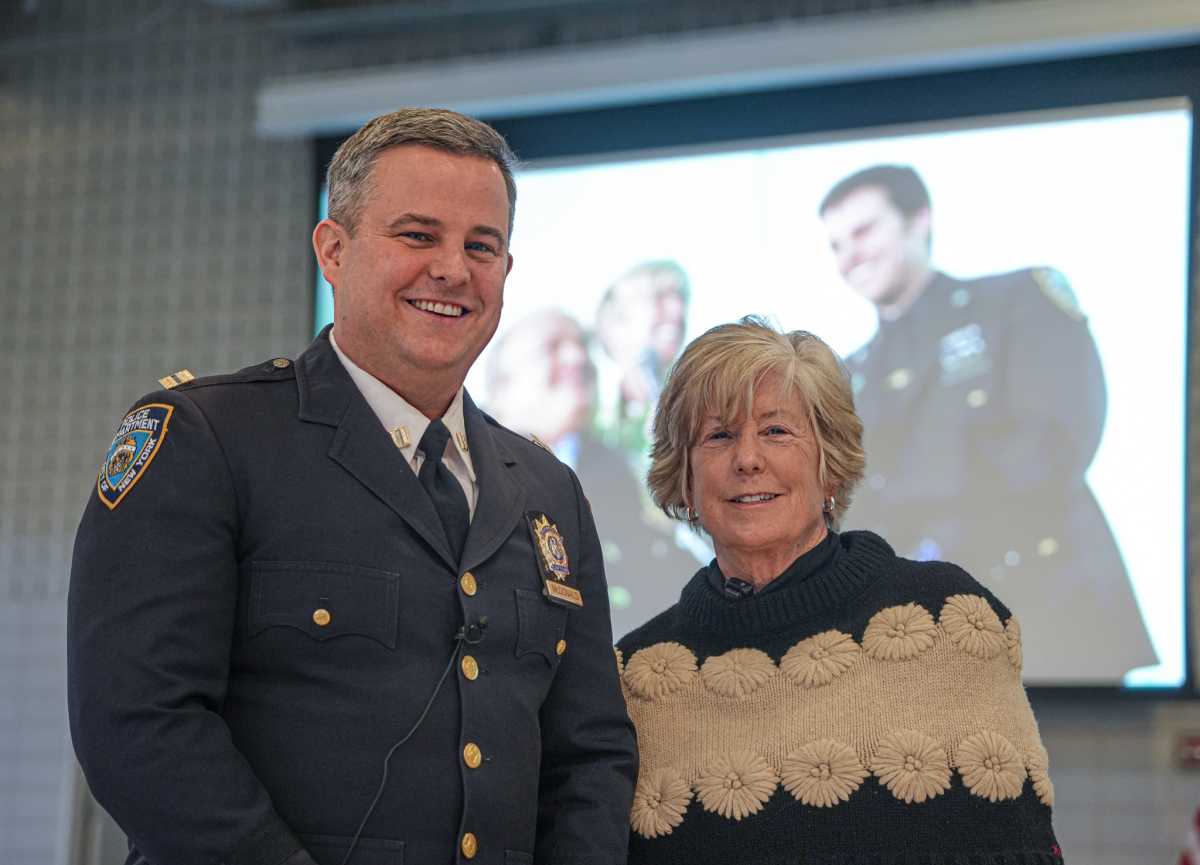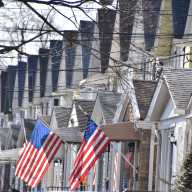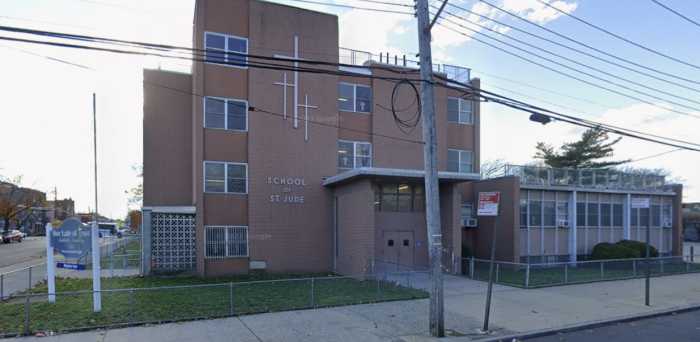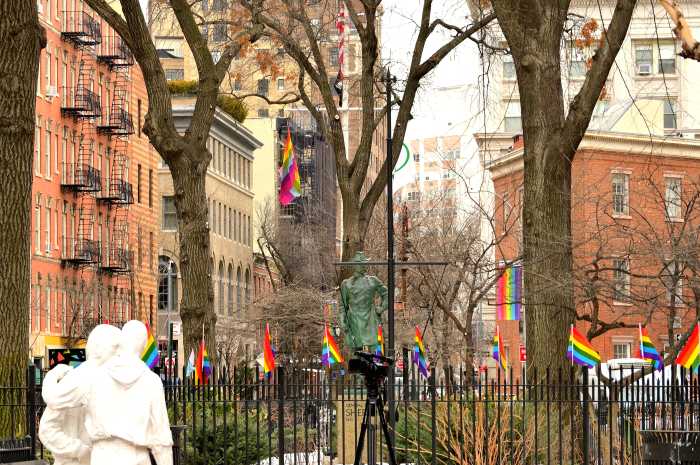Next summer, the world will once again turn its eyes to New York as our region hosts the FIFA World Cup. For Queens, “The World’s Borough,” this isn’t just another sporting event. It’s a chance to be part of a legacy that will last for generations. That’s why, when Airbnb and the FIFA World Cup 26 New York New Jersey Host Committee announced a more than $1 million investment to bring jobs, community celebrations and new soccer fields to the outer boroughs, we welcomed the opportunity for the tournament to be more than a short-lived boost. But for Queens to truly benefit economically, we need fair rules that welcome visitors, support homeowners and give small businesses a fair shot at sharing in the moment.
At the Queens Chamber of Commerce, we know how much events like this can mean. The World Cup will bring a wave of visitors and spending that can boost local shops, restaurants and attractions – creating jobs and strengthening our neighborhoods. However, too many Queens homeowners and businesses are being left out because of Local Law 18, which made it almost impossible for residents to share their own homes. We need to fix those rules by passing reforms that allow more visitors to stay in short-term rentals and bring spending to Queens businesses.
Consider what’s already possible when investment is done right. New community soccer pitches and the FIFA Queens Community Day show how global events can create opportunities that uplift local families and businesses. These spaces will bring families, neighbors and fans together to celebrate the World Cup, and that’s the same spirit that short-term rental reforms are meant to capture. Reform is needed to unlock opportunities for Queens homeowners to host visitors, drive new foot traffic to local businesses and make sure our borough shares fully in the benefits of hosting the world.
When Local Law 18 took effect, it made it harder for residents to share their homes, driving down visitor spending in their neighborhoods and putting families at risk of falling behind on their bills. With the World Cup on the horizon, the urgency could not be greater. Manhattan hotel rooms are already peaking at $600 a night during international events. When thousands of soccer fans arrive next summer, many will be priced out, and the neighborhoods that need their money the most will once again be left behind.
We’ve seen this story before. During this summer’s U.S. Open, visitors streamed into Flushing Meadows Corona Park to watch the matches, but spent their dollars in midtown hotels, restaurants and shops because they had nowhere to stay here. Queens lost out on millions in visitor spending, revenue that should have supported our small businesses and cultural institutions. We cannot afford to repeat that mistake during the World Cup.
As the tournament unites cultures around the world, leaders in both the public and private sectors must come together to ensure that Queens is prepared to host the games and give every neighborhood a chance to benefit. That means recognizing that local homeowners who make extra space available through short-term rentals are essential partners in bringing the benefits of tourism to our borough. The City Council must act to reform Local Law 18 so these residents can welcome guests and offer more affordable options for families.
New York is already one of the most expensive cities in the world, and tourism is suffering because of that. But we have a chance to change that story. By reforming Local Law 18, we can make it easier for families to get by, easier for visitors to afford their trip and easier for small businesses to grow. By opening our doors to the world, Queens can help define the World Cup’s legacy—not just as a soccer tournament, but as a moment that made New York stronger for everyone who calls it home.
Thomas J. Grech is the president and chief executive officer of the Queens Chamber of Commerce.

